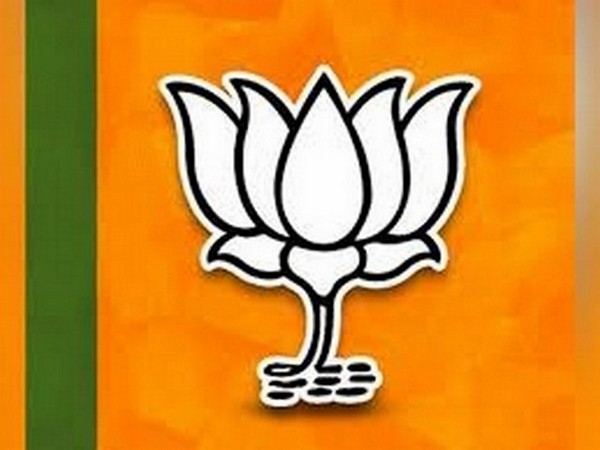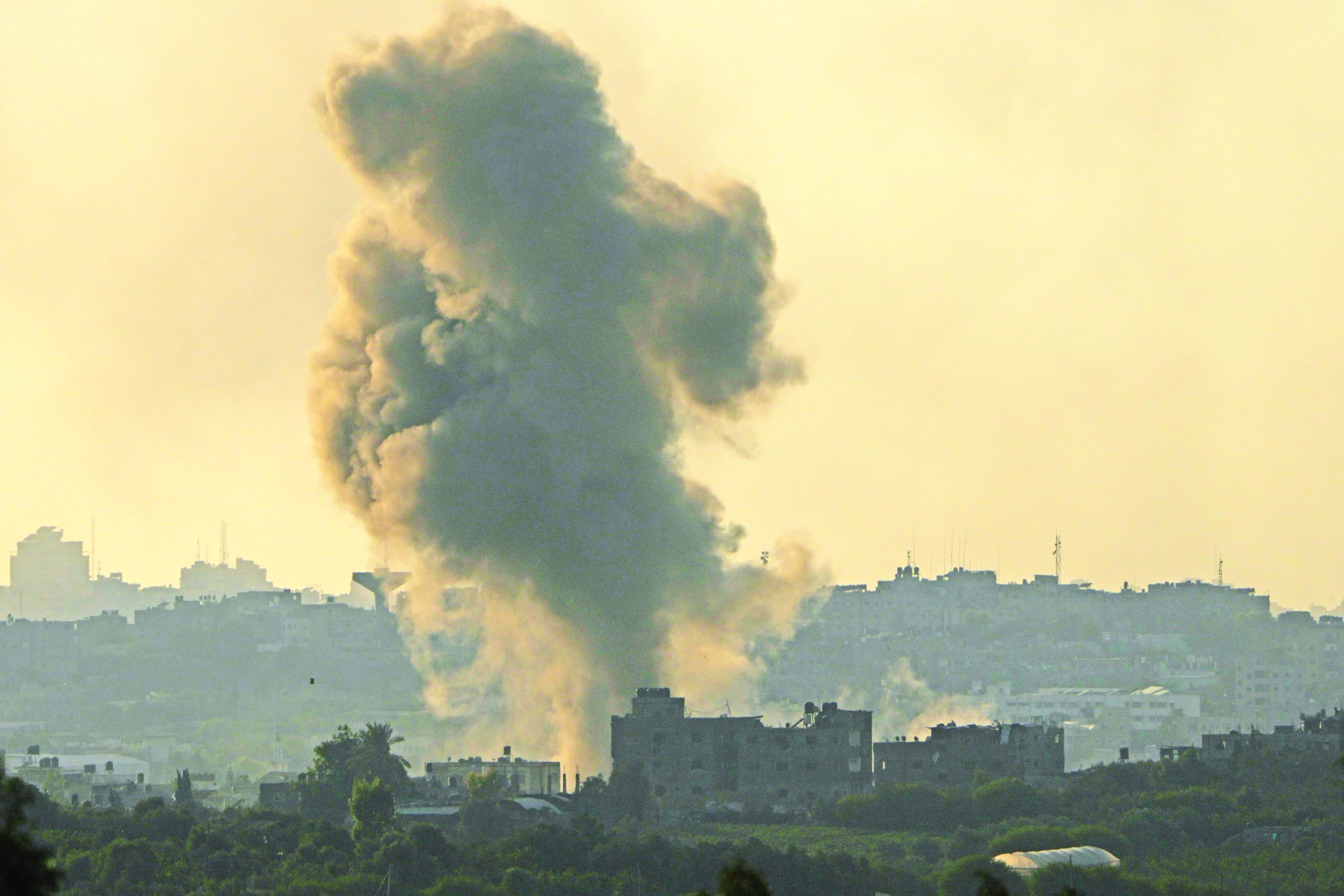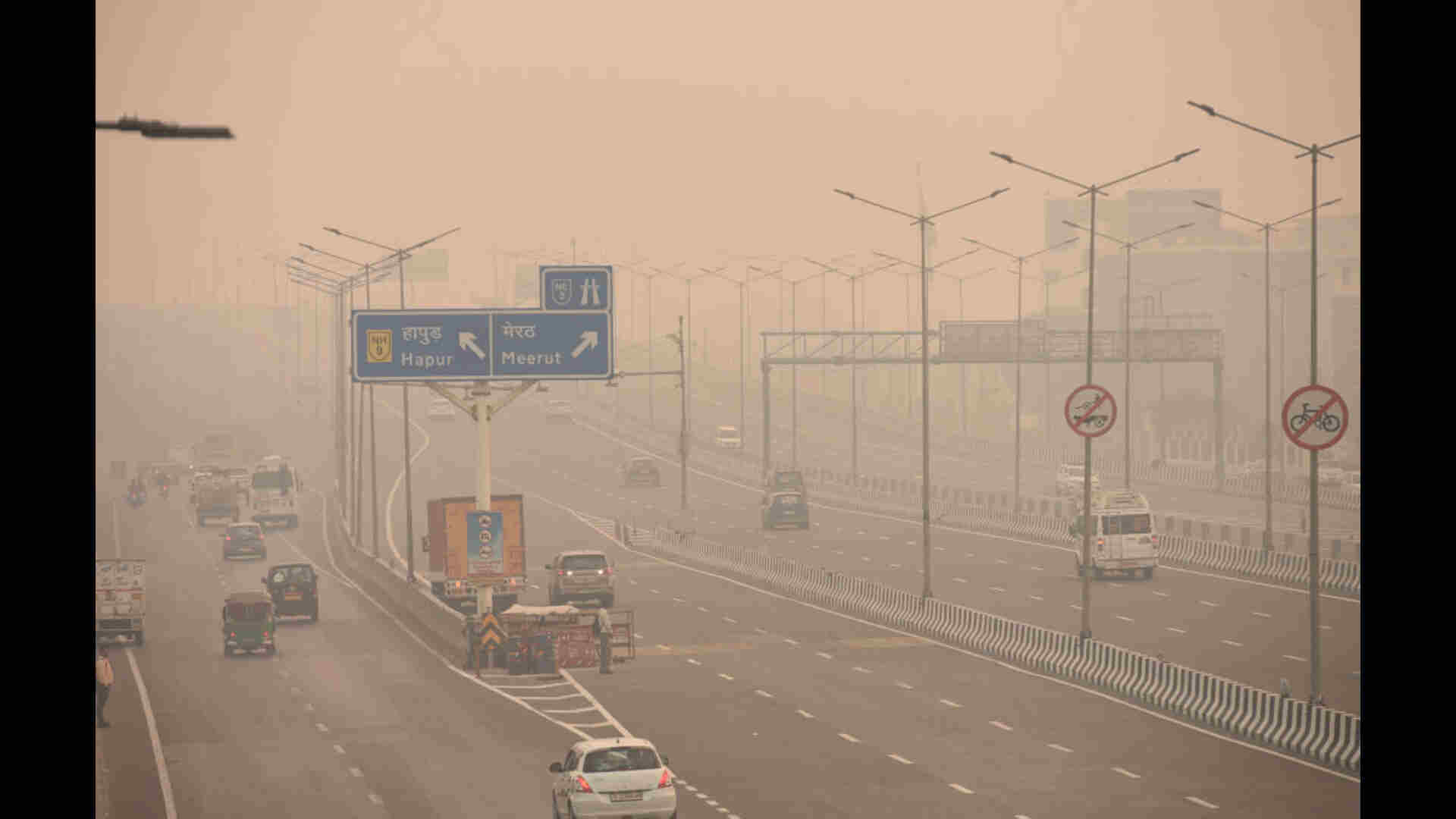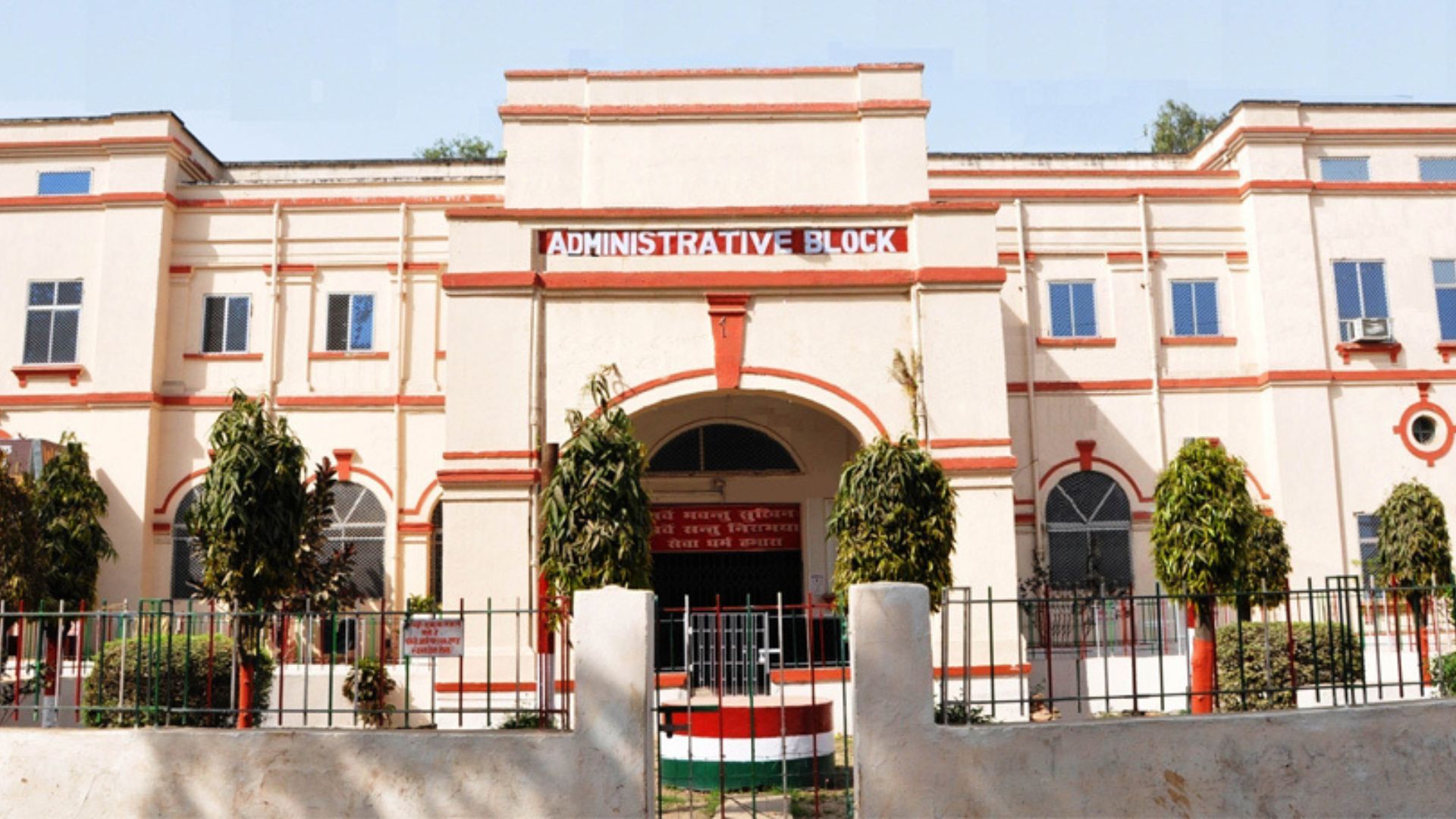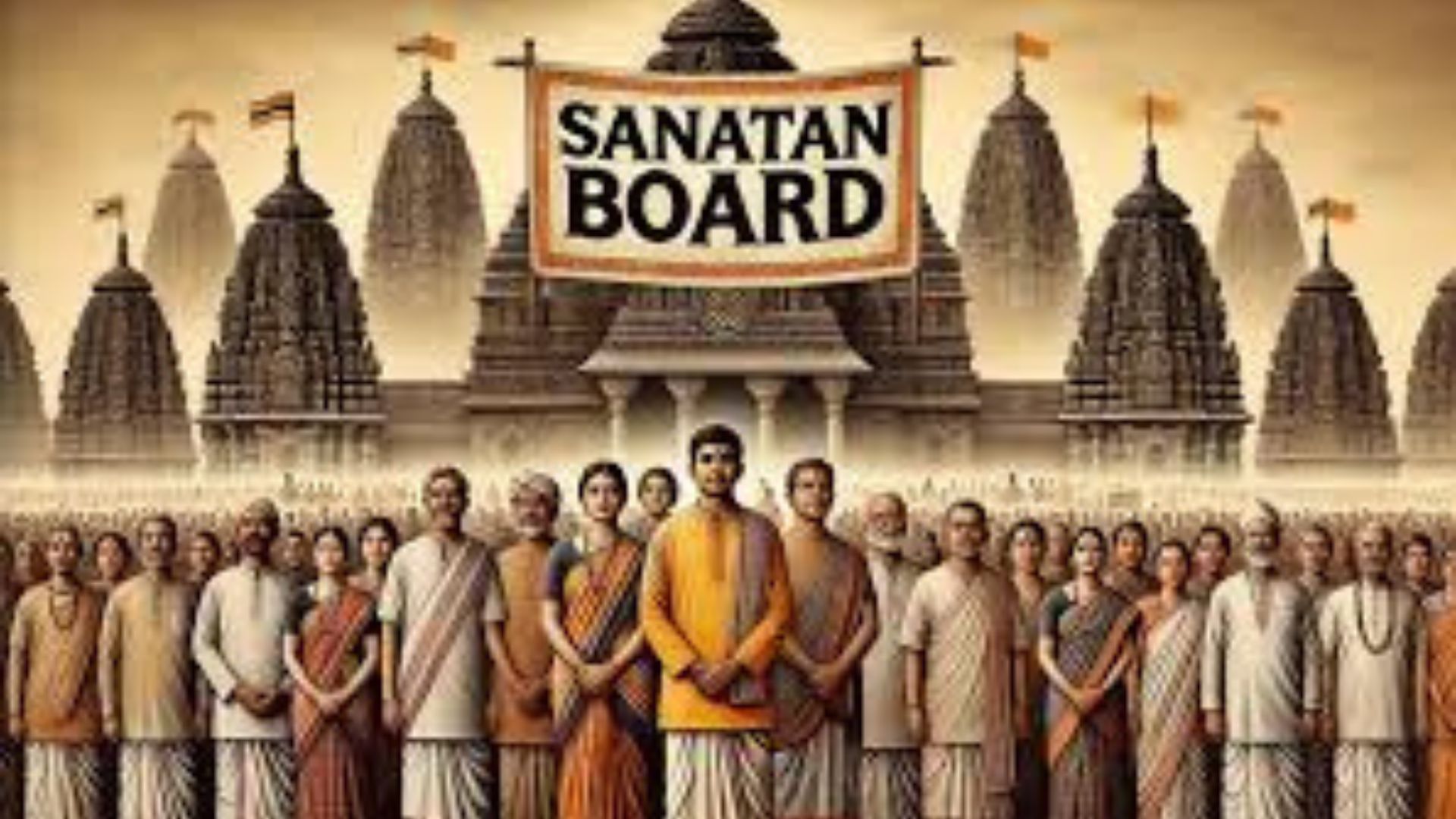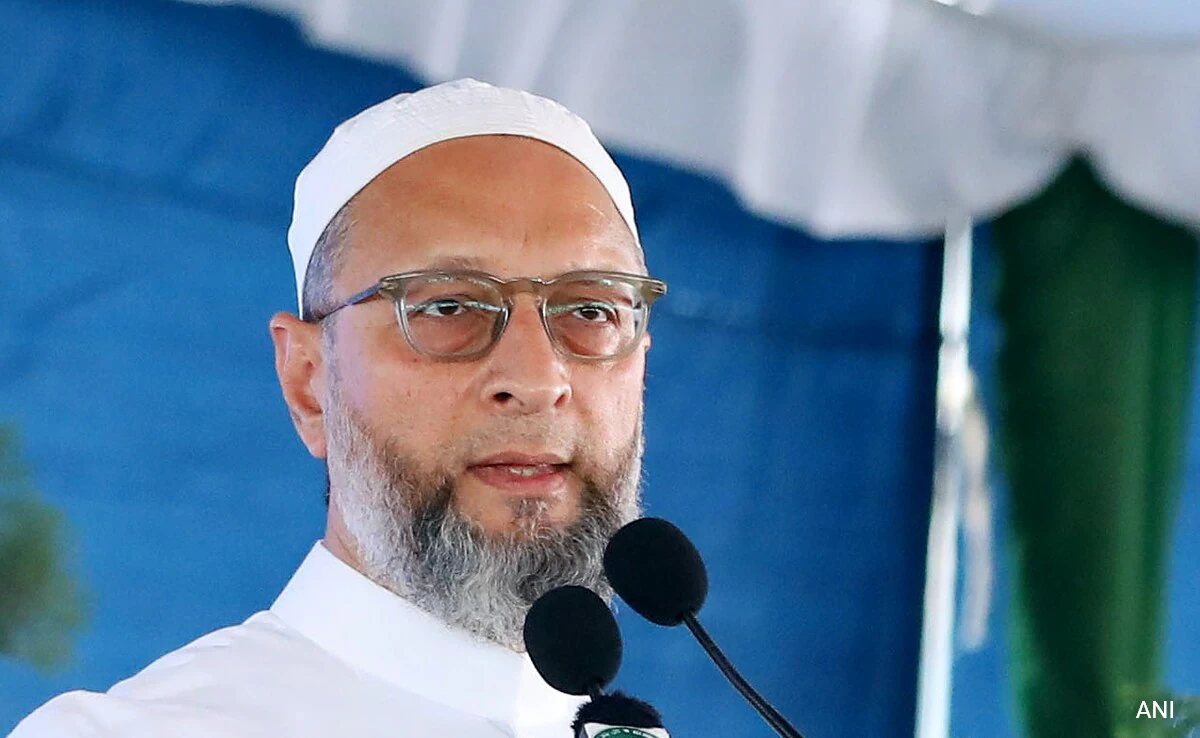Union Home Minister and BJP leader Amit Shah’s recent visit to the UT has brought the focus back on the political developments in the region. The party announced a slew of developmental projects for the UT and the larger region including a convention complex in Jammu City. Prior to this, the party’s increasing desire to bring the area in its fold could be seen in the April 2022 visit of Prime Minister Modi, his first formal visit to Jammu and Kashmir since the abrogation of Article 370. He launched projects worth Rs 20,000 crore for the state. While the party’s focus has been on strengthening its position in the Jammu division, its attempts to bring the Kashmir region into the fold can be seen through recent developments such as mega rallies in the region and large scale infrastructure projects. The result of the previous Assembly and Lok Sabha elections clearly back this split in the politics of the UT.
In the 2014 Assembly elections, the last in the undivided state, the PDP and NC’s grip remained strong in the Kashmir region, winning 25 and 12 seats respectively (of total 46 seats), whereas the BJP was largely a force to reckon with in Jammu (total 37 seats) as it won 25 seats there, but failing to win any seats in Kashmir. Notably, the BJP secured the largest vote share in the state at 22.98 per cent, marginally higher than PDP’s 22.67 per cent as both came together to form an alliance government in the state. While the vote share and seat share of the two dominant regional parties in the state- the PDP and the NC – have hovered in the same range in the last three assembly elections (2002, 2008, and 2014), the BJP has increased its footprint from a small 8.57 per cent popular vote in 2002 to 12.45 per cent in 2008 and 22.98 per cent in 2014.
In the Lok Sabha elections, while the state’s six seats saw some shift, the popular vote share saw a clear change in trend between 2014 and 2019. The BJP managed to retain the three-seat victory in the 2019 Lok Sabha elections in Jammu and Kashmir, clocking its highest-ever vote share of 46.4 per cent in the state, more than that of the Congress, NC, and PDP together. The National Conference bagged victory on the other three seats of the erstwhile state, all falling in the Kashmir region, leaving Mehbooba Mufti’s PDP with none. However, the NC, despite sweeping the Kashmir region, got a meagre 7.89 per cent vote share. In comparison, the Congress, with no seats, secured 28.47 per cent votes, nearly four times the NC’s. PDP appeared to have been relegated to the back of state politics securing barely 3 per cent of votes in a state it has ruled multiple times in the past.

